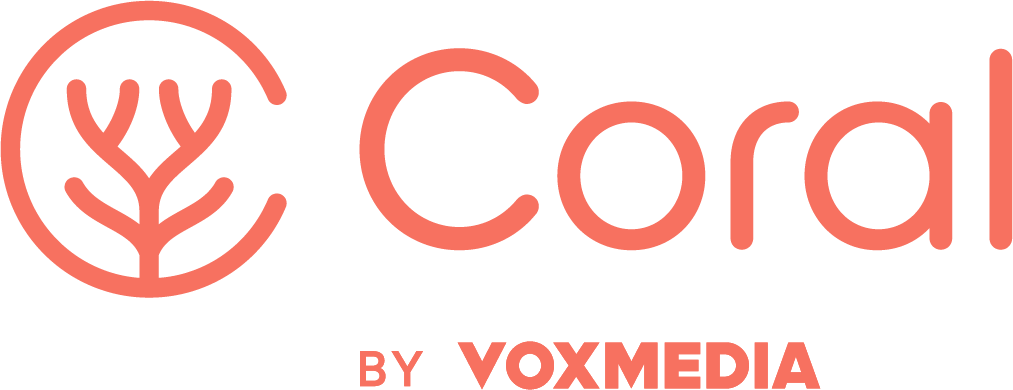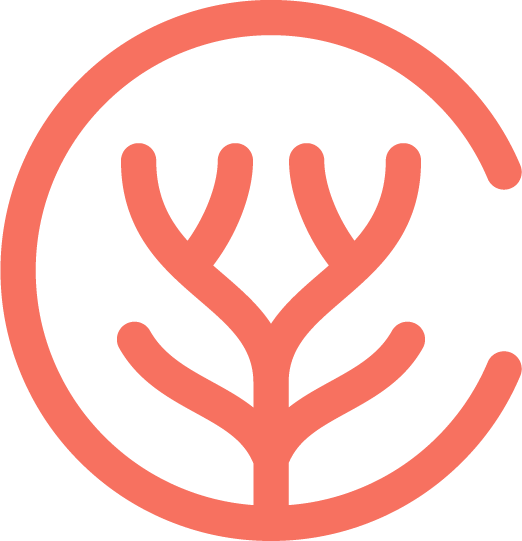One of the great problems of guiding conversation, both online and offline, is scale.
It’s fairly easy to understand the contours of a conversation between ten people. If you had the time to figure it out, even 100 could be manageable. But as the zeroes go up, it becomes impossible to make sense of the different topics, viewpoints and discussions that are taking place among a crowd.
Polis is a commentary tool that is trying to solve this problem through a unique interface and some clever algorithmic modeling. Created in the USA, it’s been used extensively in Taiwan, to form consensus around opinions about Uber and now to identify concerns to put to leading politicians. (Disclosure: One of its creators, Colin Megill, has been working with us on our front-end development)
Inspired by the use of social media during events such as the Arab Spring and the Green Revolution, Polis translates opinions into visual points by displaying people’s opinions in relationship with one other. Colin Megill describes it as “talking about opinions in spatial terms.”
Taking its cue from the philosophy of non-violent communication, users are placed into groups of affiliation based on if they agree, disagree or pass on a series of statements around a topic. This unusual design is intended to encourage the acknowledgement of a range of opinions without judgement or response, and operates as both a map and a filter.
![[IMAGE] Screen capture of Polis showing groupings of circles with user images in the middle, with dotted lines connected different small groups. At the bottom is text that says '70% of Group 3 Agreed'](https://guides.coralproject.net/wp-content/uploads/2017/07/Screen-Shot-2015-12-04-at-5.54.12-PM.jpg)
It works like this: groups are formed into shapes based on agreements with given prompts, with people represented by icons that are connected by grey dotted lines.
Clicking on a group (such as the one marked by the grey area in the screenshot) displays the percentage of that group that agreed with a statement, as displayed at the bottom of the screen.
Meanwhile, the circles shown in the centers of all the groups display the percentage of people in each group who also agreed with the statement. Users can easily see how statements form affinity, and how the system’s groupings don’t necessarily mean that you can’t find points of agreement between groups.
It sounds complicated, but it’s more instinctive than that. Polis’s goal is to develop bonds and to share a breadth of opinion simply by making it visible.
By changing how points of view are displayed in relationship with each other, Polis hopes to humanize and encourage more productive conversation. With its unique approach, this is a platform that’s definitely worth following.


